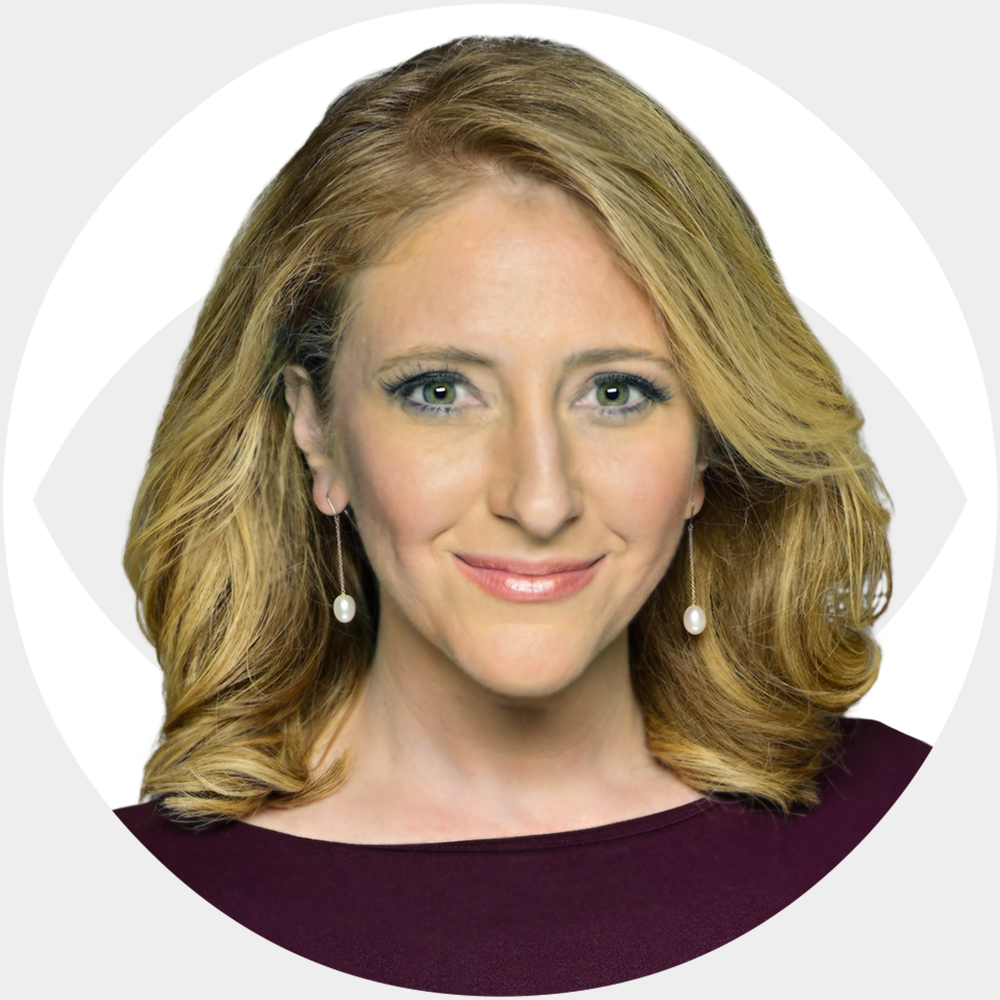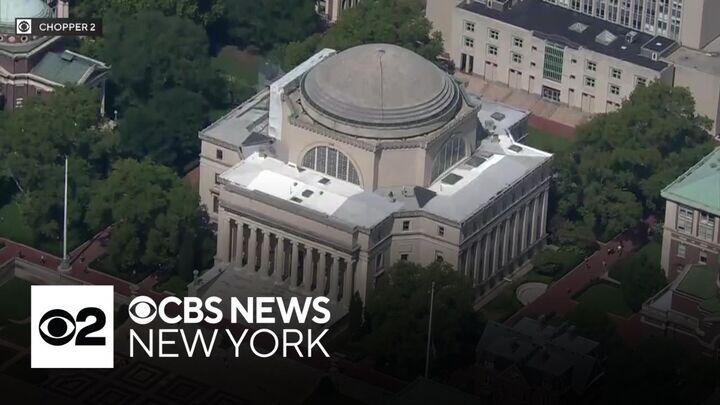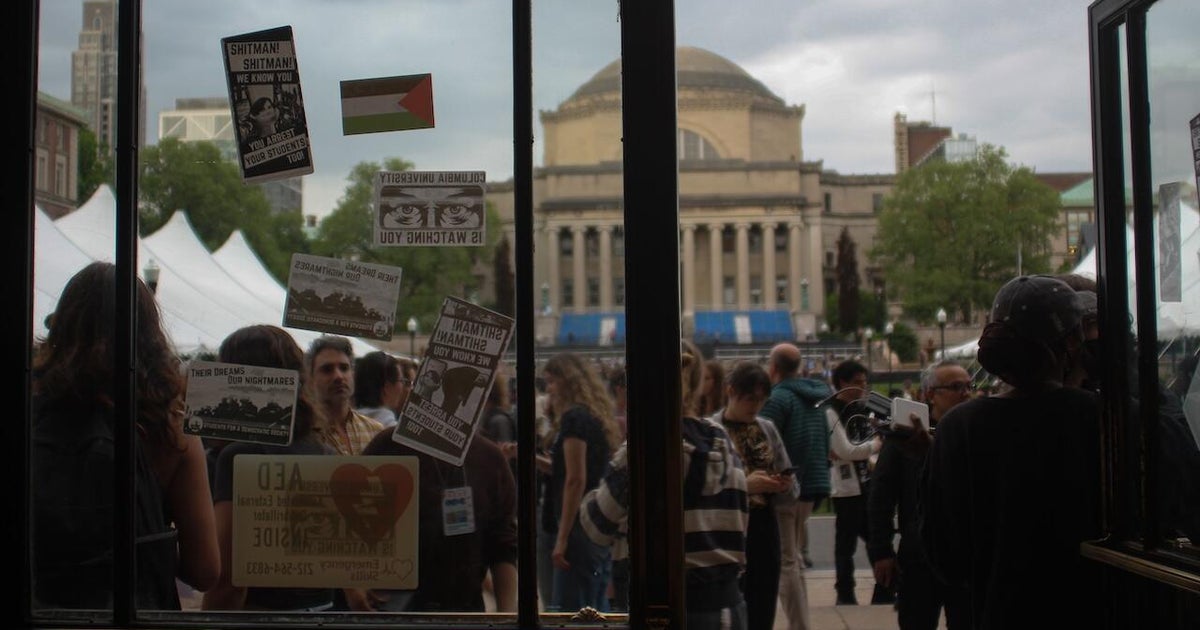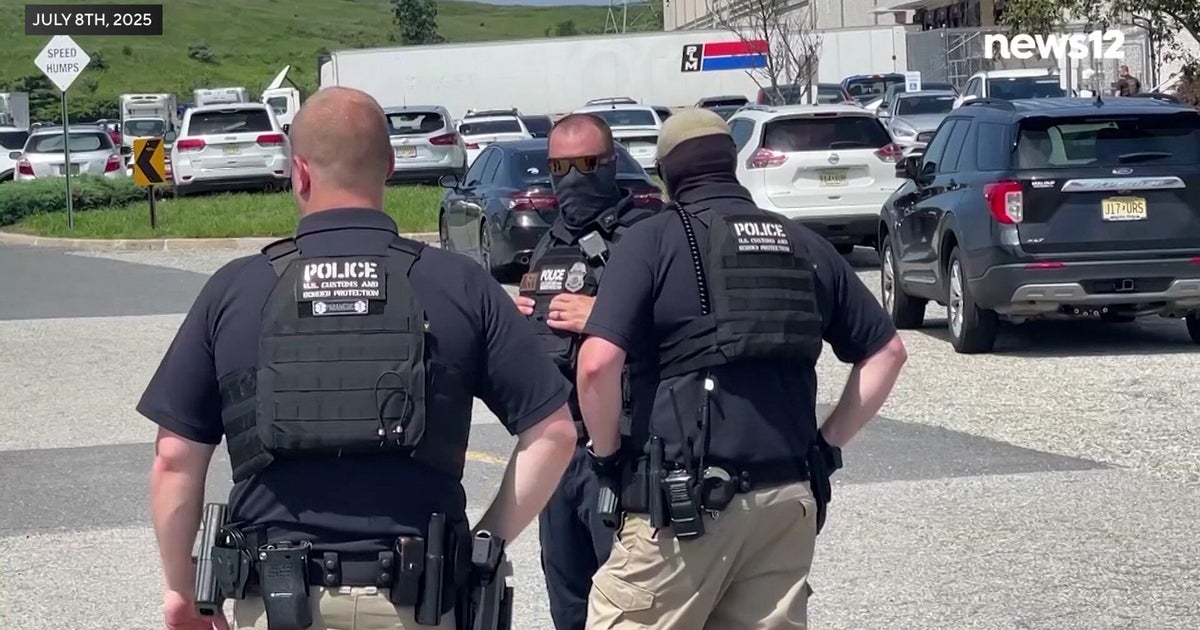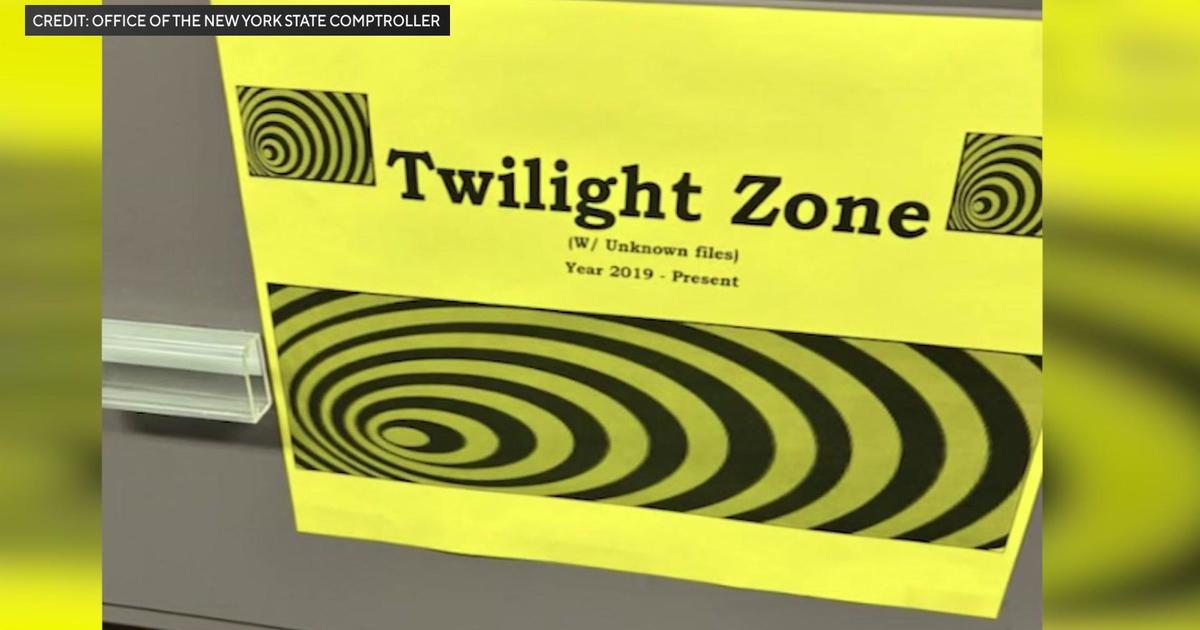Concerns raised over Columbia University's $200 million settlement with Trump administration over antisemitism on campus
There are concerns about how the recent settlement between Columbia University and the Trump administration could impact dozens of other schools under investigation for antisemitism on campus.
Columbia will pay more than $200 million to resolve the allegations, but the school continues to deny any wrongdoing.
The school's president addressed the issue on Thursday.
"It's extraordinary," to have policy changes monitored, professor says
This fall, the policy changes Columbia promised the Trump administration it would make are going to be monitored by Bart Schwartz, who was most recently the watchdog for the New York City Housing Authority.
David Bloomfield, an education law professor at the City University of New York Graduate Center and Brooklyn College, said he's concerned.
"It's extraordinary to have a federal monitor looking over the shoulder of a private university the way Rikers was under a federal monitor," Bloomfield said.
The New York Civil Liberties Union has called the agreement a form of capitulation, which the university's interim president, Claire Shipman, pushed back on Thursday on CNN.
"Courage versus capitulation is just wrong. It's too simplistic," Shipman said. "Yes, we had many other legal options, that's true, but we did look carefully at that, and we saw we could have some short-term victories. But we worried we would have long-term damage."
Shipman cited the potential loss of important research, but Bloomfield said what's also troubling is the university agreeing to "maintain merit-based admissions policies" and provide "all-female sports, locker rooms and showering facilities."
The NYCLU said it worries the school is losing academic freedom, with a senior vice provost conducting a "thorough review" of the Middle Eastern Studies Department.
"They will not allow criticism of Israel. That's not academic," NYCLU Executive Director Donna Lieberman said. "How on earth can students learn if they don't have the freedom to engage in discourse, in discourse dialogue, free from threat they will be expelled or suspended?"
What the settlement could mean for other schools
In addition to Columbia, New York University had also been under scrutiny by the Trump administration for potential civil rights violations. Gerard Filitti, senior counsel for the group EndJewHatred, said the agreement fails to address the root cause of antisemitism.
"For example, Columbia saying masks are not allowed at unauthorized protests, but it's not saying they can't be worn at all. It's saying taking over academic buildings may be bad, but it doesn't completely ban protest from them," Filitti said.
Filitti said the school also falls short of acknowledging that antizionism is antisemitism, saying that clarity is needed to protect pro-Israel and Jewish students.
The University of Pennsylvania also previously settled with the Trump administration, while Harvard University remains in litigation.
